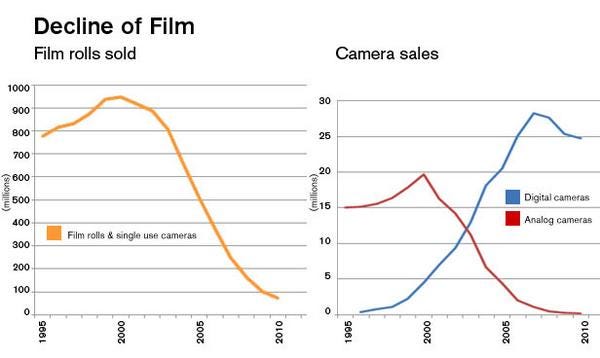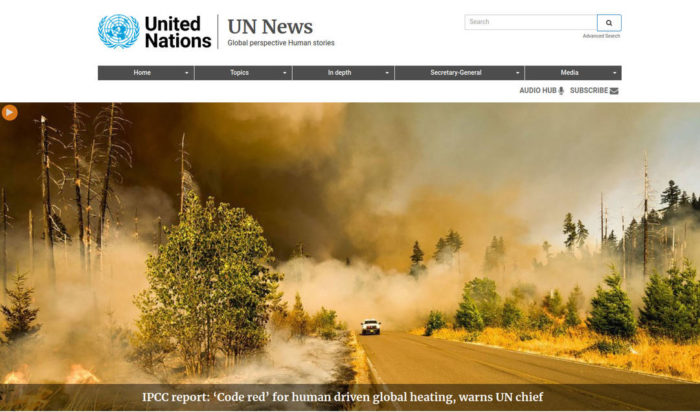Dietrich Bonhoeffer lived in a culture whose values he disagreed with. He could have dropped his values. It would be easier and more comfortable not to have to push against resistance. He didn’t. He chose to live by his values, even when it was hard. One result was that he couldn’t spend time with his family in person. Did that separation mean they loved each other less? Did it deprive[…] Keep reading →
Thoughts watching Bonhoeffer (2003)
on December 13, 2023 in Leadership, ModelsI wrote the notes below while watching the documentary Bonhoeffer (2003) directed by Martin Doblmaier. I want to learn from history to apply what people did to now. I don’t want to sleepwalk into disaster that everyone can see happening. The tens of millions of people dying today annually from pollution and being displaced from their homes to get the fuel and minerals under their land are being killed not[…] Keep reading →
Some People Value the Invisible Hand and Devalue a Helping Hand
on October 27, 2023 in ModelsI think there are a lot of people who consider it virtuous to help people through Adam Smith’s invisible hand but crippling to give them a helping hand. That is, I think they consider it magnanimous to act selfishly and mean or debilitating to help people directly. I can see how they get there. I think in their minds they think they’re concluding what they should do from first principles,[…] Keep reading →
Focusing only on climate change or carbon today is like Kodak only focusing on film when digital started. Let’s not be Kodak.
on October 16, 2023 in Models, NatureI’ve written that Only specify fixing climate and carbon if you want to wreck everything else (forests, biodiversity, rivers, etc) because that happens when you do. Our environmental problems transcend “just” climate change. I thought of a useful comparison: Kodak only focusing on film in the 1990s. Kodak dominated its market. Then than market collapsed. Kodak understood about digital and could have moved there. It didn’t. It looked elsewhere. You[…] Keep reading →
Do you think like a nineteenth century anthropologist?
on September 20, 2023 in Education, Models, NatureSorry, today is a half-finished post. I’m not sure if anyone will read it all, but my main pursuit in it is the persistent myth people knee-jerk fall back on that if we don’t pursue technological progress and market growth then we risk reverting to the Stone Age. After reading Atlas Shrugged and trying to learn what her fans like about her philosophy so much, I found an essay she[…] Keep reading →
The selfishness and self-centeredness of flying
on August 15, 2023 in Models, NatureWhen I talk about not flying, people talk about themselves and what they want, never about the people and wildlife displaced from their land for the minerals, fuel, and airports, nor the people and wildlife who suffer from the pollution. When I talk about drunk driving, they don’t talk about what the driver wants, they talk about people they might hurt. When I talk about smoking indoors, they don’t talk[…] Keep reading →
Hawaii: Microcosm of Earth
on August 9, 2023 in Models, NatureLongtime readers who Eugene Bible, who hosts This Sustainable Life: Solve for Nature, a sibling podcast to mine. He lives in Hawaii. A while ago he shared a view that helps me simplify and clarify how we affect nature. He suggested viewing Hawaii as a microcosm of Earth. Do you have a proposal you think would help Earth? Ask if it would work with Hawaii. [EDIT: I had planned to[…] Keep reading →
Why we’ll prefer sustainability
on August 5, 2023 in Art, Models, NatureWhy people mistakenly think sustainability means deprivation and sacrifice and think not polluting is extreme: I used to party with world famous DJs. Manhattan dance clubs gave me tables and an unlimited guest list back when I made art that a few clubs put in their VIP lounges. Sometimes amid an amazing party, someone would leave early to walk their dog or relieve their baby sitter. From my partying perspective,[…] Keep reading →
The UN’s three-pronged attack on sustainability
on August 2, 2023 in Models, Nature, VisualizationThe United Nations may be delivering the most effective attack against sustainability of all. I can only see its three messages below leading people not to change or, if anything, to accelerate business as usual. Message 1: “CODE RED” The United Nations created the IPCC (Intergovernmental Panel on Climate Change). I see two predominant messages from the UN and IPCC. The first is DANGER DANGER DANGER, or in the words[…] Keep reading →







